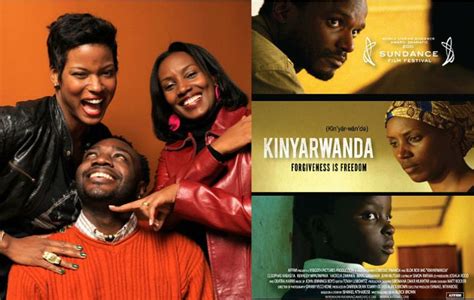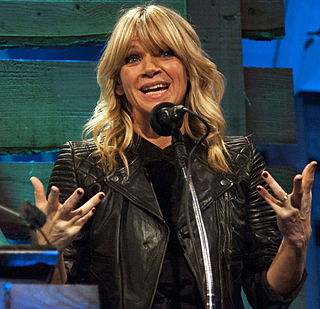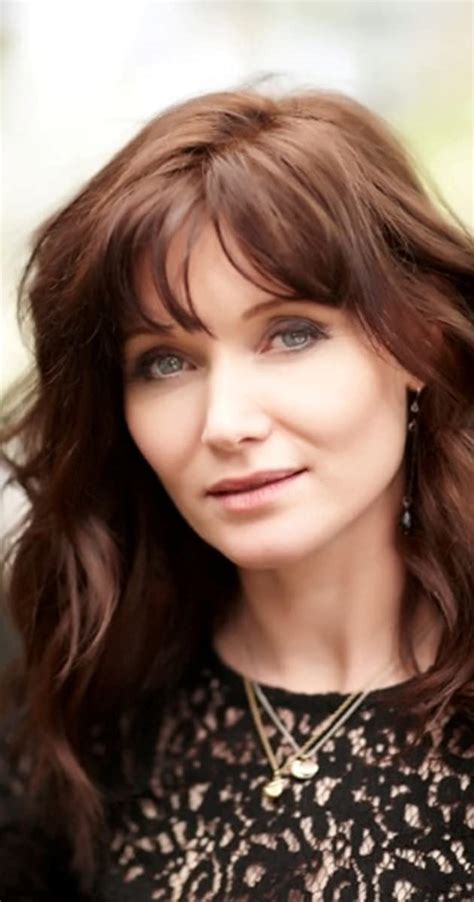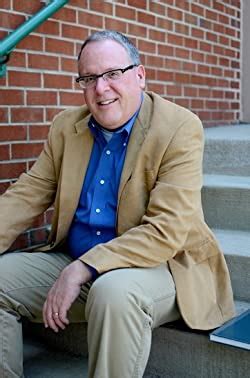A Quote by Alrick Brown
I don't think I'm ever afraid, but I doubt myself often. Because of that doubt, I constantly strive to make myself better.
Related Quotes
Nobody likes to see a body, but it's better than seeing a ghost. Bodies just make you doubt the world and the people in it. Ghosts make you doubt everything, and to doubt it in a part of the mind that has no words to answer the question, where the comforting promises you make yourself are neither believed nor even really understood.
There are many different kinds of doubt. When we doubt the future, we call it worry. When doubt other people we call is suspicion. When we doubt ourselves we call it inferiority. When we doubt God we call it unbelief. When we doubt what we hear on television we call it intelligence! When we doubt everything we call it cynicism or skepticism.
Take faith, for example. For many people in our world, the opposite of faith is doubt. The goal, then, within this understanding, is to eliminate doubt. But faith and doubt aren't opposites. Doubt is often a sign that your faith has a pulse, that it's alive and well and exploring and searching. Faith and doubt aren't opposites, they are, it turns out, excellent dance partners.
Doubt is most often the source of our powerlessness. To doubt is to be faithless, to be without hope or belief. When we doubt, our self-talk sounds like this: 'I don't think I can. I don't think I will.'... To doubt is to have faith in the worst possible outcome. It is to believe in the perverseness of the universe, that even if I do well, something I don't know about will get in the way, sabotage me, or get me in the end.





































